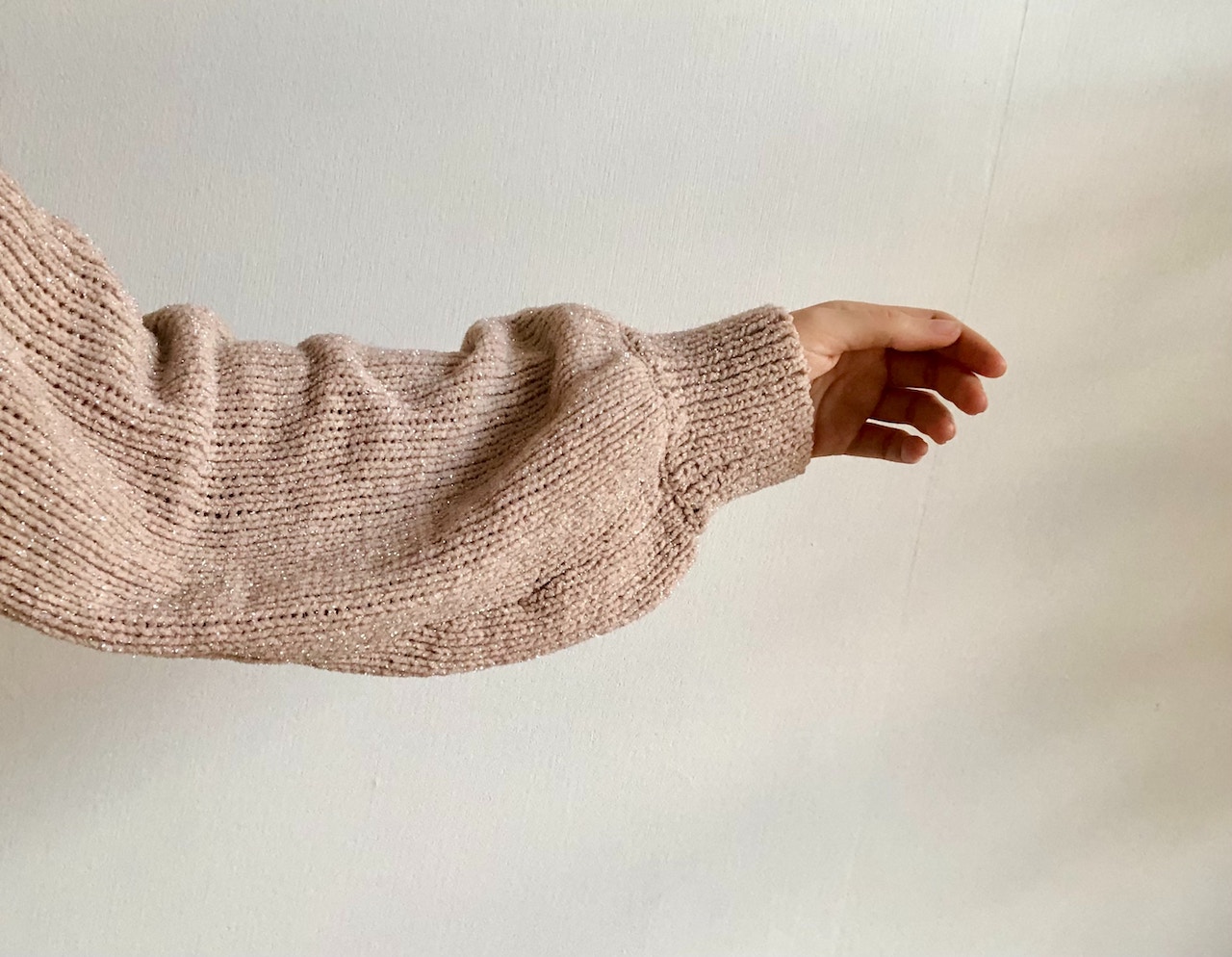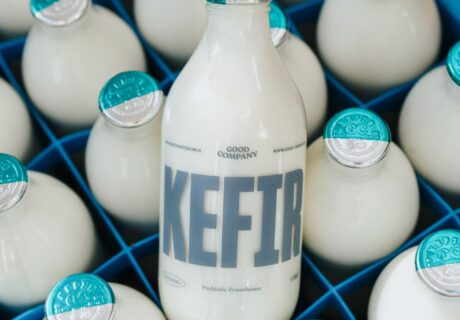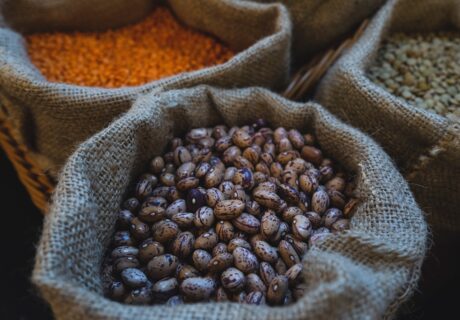In a joint venture between Project Plan B and Salvation Army Trading Company Limited (SATCoL), polyester textiles have been recycled back into raw materials.
The new ‘game-changing’ technology presents ‘a huge opportunity for the fashion circular economy’ by producing polyester pellets from second-hand polyester garments, before turning them into yarn – a world first, according to the partnership.
The recycling system was developed by Project Plan B and will be installed by SATCoL at its Fibersort textile processing centre in Kettering in September, where 65,000 tonnes of donated items are sorted each year.
As part of Project Re:claim plans have been unveiled for the first commercial-scale recycling plant for post-consumer polyester.
The new plant is expected to recycle approximately 2,500 tonnes of polyester in its first year, doubling in its second year of operation. But while the collaboration has seen the successful recycling of synthetic textiles Tim Cross, CEO at Project Plan B, wants to see a ‘seismic shift’ in the design and production of garments. “Polyester textile recycling is one of the biggest opportunities to reduce the harmful impact of producing garments and this new technology is the first proven commercial-scale system that has been designed to cope with the challenges of recycling post-consumer clothing.”
We now need companies to step up
Marianne Frost, head of environmental and sustainability at SATCoL, adds: “Last year SATCoL enabled reuse and recycling of over 250 million products but there are always items which are too damaged and we cannot re-sell; they are often garments made from polyester. With this new technology we can give these clothes a new lease of life. So when your favourite jumper is worn out, we will take it and turn it into polyester pellets, ready to be turned back into a new jumper. This is the future of fashion.”
Frost says the partnership’s shared vision is ‘to enable companies to produce corporate wear and fashion garments using recycled polyester’. “The incredible vision of Project Plan B has brought about the development of the technology; we have the infrastructure to collect donations at scale and we now need companies to step up. This is an opportunity for companies to make a commitment to significantly reduce their environmental impact. In preparation for full production, we are currently seeking 100% polyester textiles such as used hotel linen or post-event promotional banners.”





